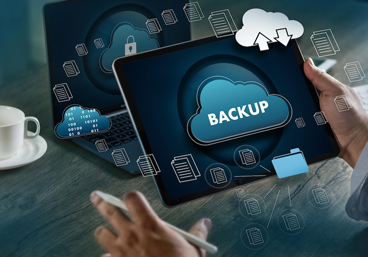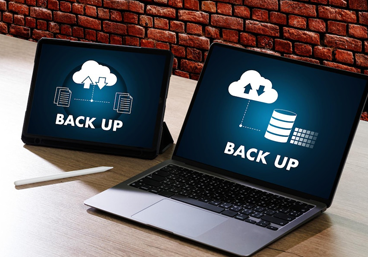















● Backing up directly to the public cloud: In this option, you can use the provider's storage services to store your backups securely. It's a convenient option because you don't need to rely on any intermediate service or third-party provider. You have direct control over managing and accessing your backups in the public cloud.
● Choosing a Cloud-to-Cloud (C2C) backup: Cloud-to-Cloud backup involves using a backup service specifically designed to transfer and store data between different cloud services. This option is useful if you have data spread across multiple cloud services and want to ensure its safety and availability in case of any disruptions or data loss.
● Backing up to a service provider: This option involves partnering with a third-party service provider that specializes in cloud backup solutions. By hiring a service provider, you can offload the responsibility of managing and maintaining backup infrastructure and focus on your core business operations.
Data backup is the process of creating copies of your critical data and storing them in a secure location. It is essential for businesses as it provides a safety net against data loss due to various reasons like hardware failure, human errors, cyber-attacks, or natural disasters. Regular data backups ensure that your business can quickly recover and continue operations with minimal downtime in case of a data loss event.
The frequency of data backups depends on the nature of your business and the criticality of the data.
Data backup services is a process of securing your precious information, documents and data on a separate location or server.
If any unforeseen events happens such as hardware failures, cyber attacks, accidental deletion or natural disaster etc, data recovery services act as a safe net and protect your data and safeguard it.